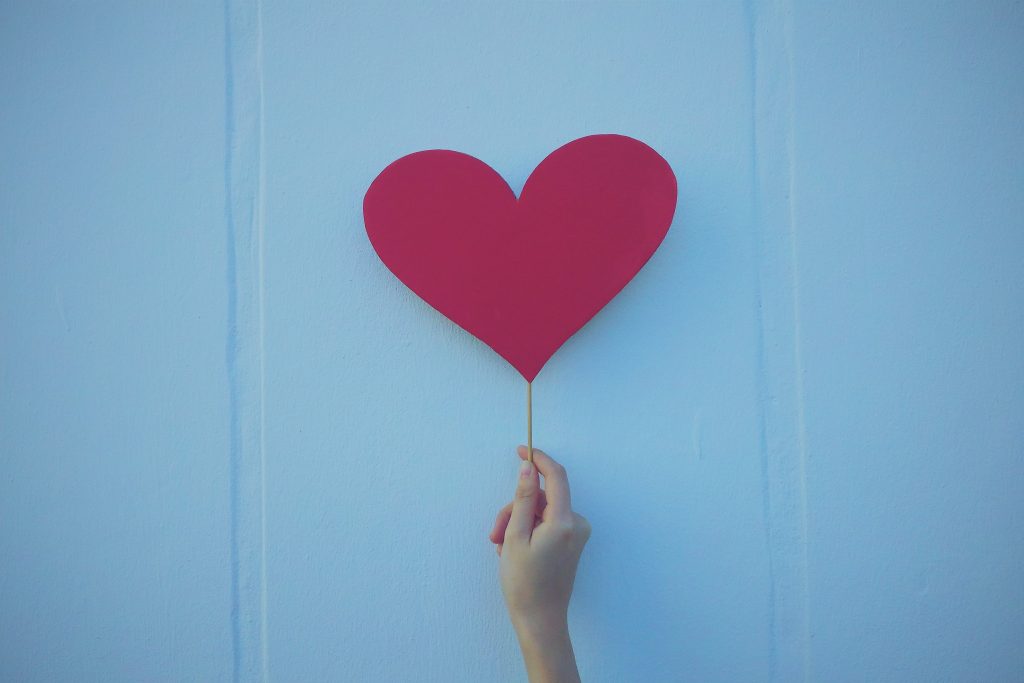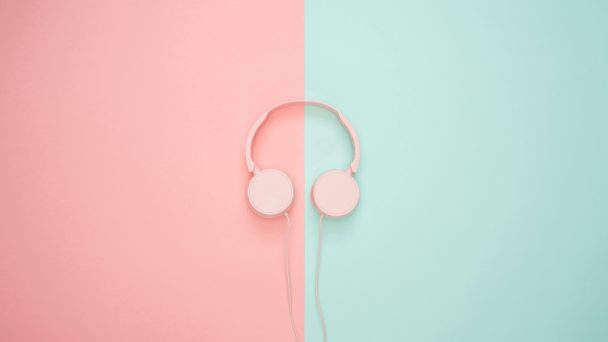Alcohol is not a cure for loneliness

Loneliness is no longer something that only occurs in the elderly in nursing homes. Loneliness affects young and old, male and female, highly and poorly educated. This theme is more alive than ever during the corona crisis. Several studies show that loneliness can lead to the use of more alcohol. In addition, alcohol use in turn seems to lead to loneliness.
A like here, a heart there, app, Facetime, Snapchat or play online games together: there are many ways to have digital contact with each other. Despite all these virtual possibilities, the corona crisis has shown that the number of people with feelings of loneliness is increasing.
What is loneliness?
A partner you no longer feel connected to, a close friend who becomes more and more distant, a group you don't feel comfortable with: loneliness is the feeling of being disconnected from others. You hope for a certain relationship, a desired relationship with the other, but the reality is different. You don't just get lonely. Before you 'get lonely', you first get into social isolation. A prolonged lack of social interactions or connections often leads to feelings of loneliness. Both loneliness and social isolation can lead to chronic stress in adults.
| Being alone is different from being socially isolated or lonely. You can feel completely socially at ease when you are alone. |
Why does loneliness increase?
Not only a (health) crisis such as COVID-19 can increase feelings of loneliness. The measures taken to prevent the spread of the virus have led and continue to lead to feelings of loneliness. After all, people spend more time at home and are allowed little or no physical social contact. The fact that we are getting older also contributes to loneliness. In old age you generally have fewer social contacts.
Young people and loneliness
There is not (yet) hard evidence that loneliness can promote alcohol addiction or that alcohol addiction leads to loneliness. However, some studies indicate that loneliness in young people and young adults is related to future alcohol use. Loneliness among young people, for example, appears to be a predictor of alcohol-related harm one year later. Think of violence or accidents caused by being under the influence of alcohol.
Elderly and loneliness
The relationship between loneliness and alcohol use has also not been clearly demonstrated in adults and the elderly: in one study it is found that loneliness is related to alcohol abuse, while in another study there is no relationship between loneliness and weekly alcohol use and heavy drinking, including binge drinking. was found.
Conclusion?
The relationship between alcohol and loneliness has not been sufficiently studied. As a result, we cannot provide hard evidence that alcohol can lead to loneliness and that loneliness can promote alcohol addiction. However, we can reason with common sense that alcohol does not solve any problem. Whether you feel depressed, sad, angry, afraid or lonely: that extra glass of wine or beer does not make these feelings disappear. Alcohol only intensifies these emotions. If you are overcome by a negative emotion, make sure you distract yourself with something else. Go outside. Call the neighbors for a chat. Write it off you. Put on your favorite music or cook your favorite dish.


